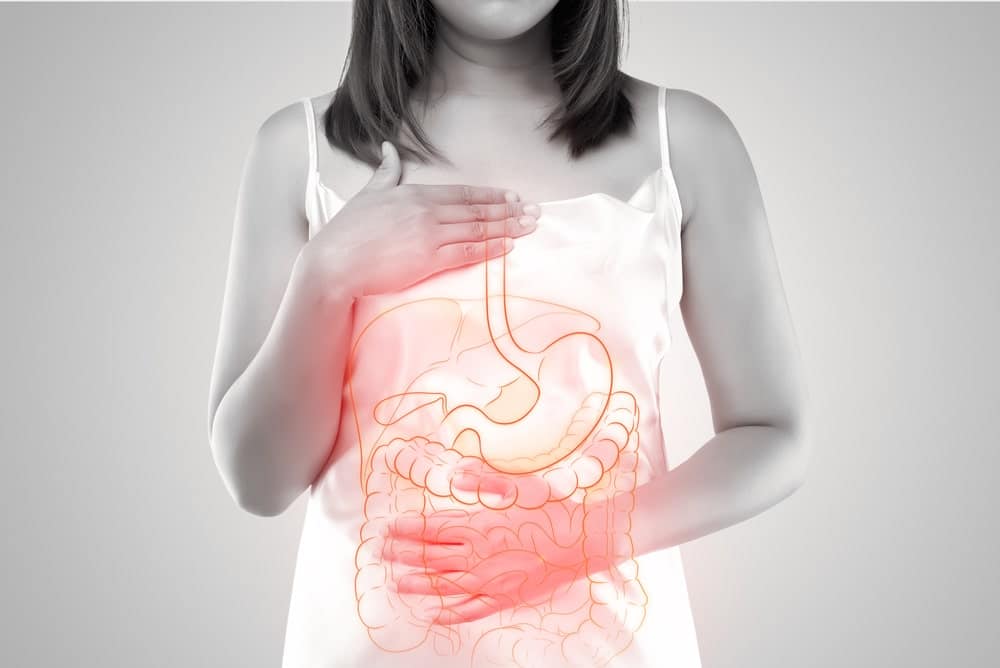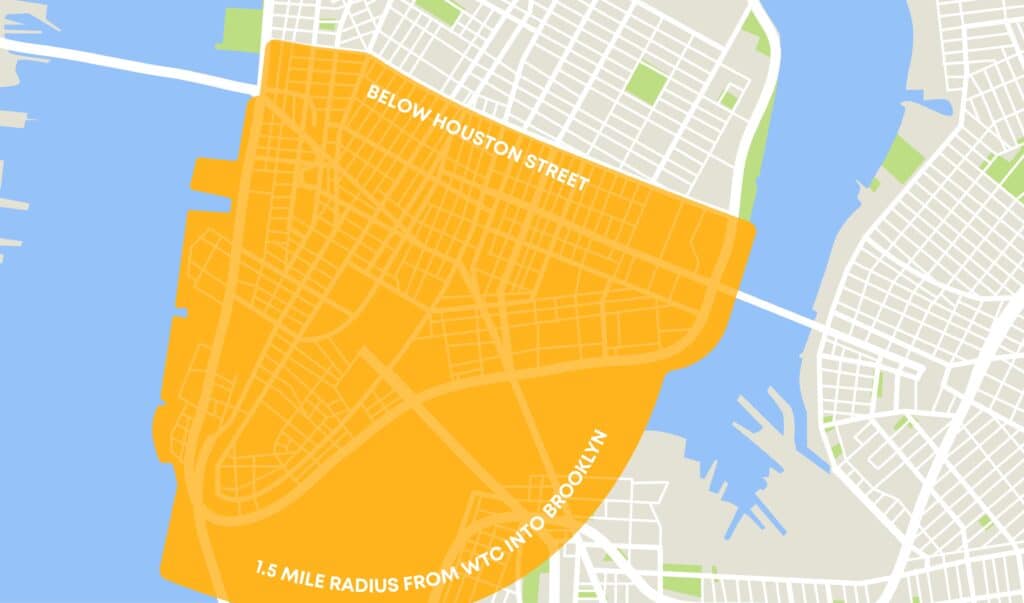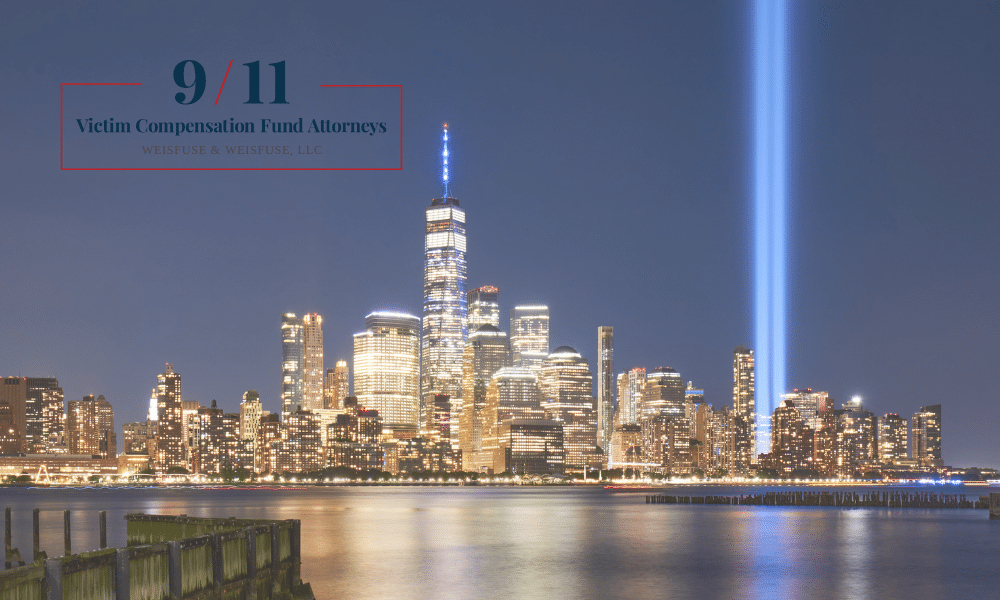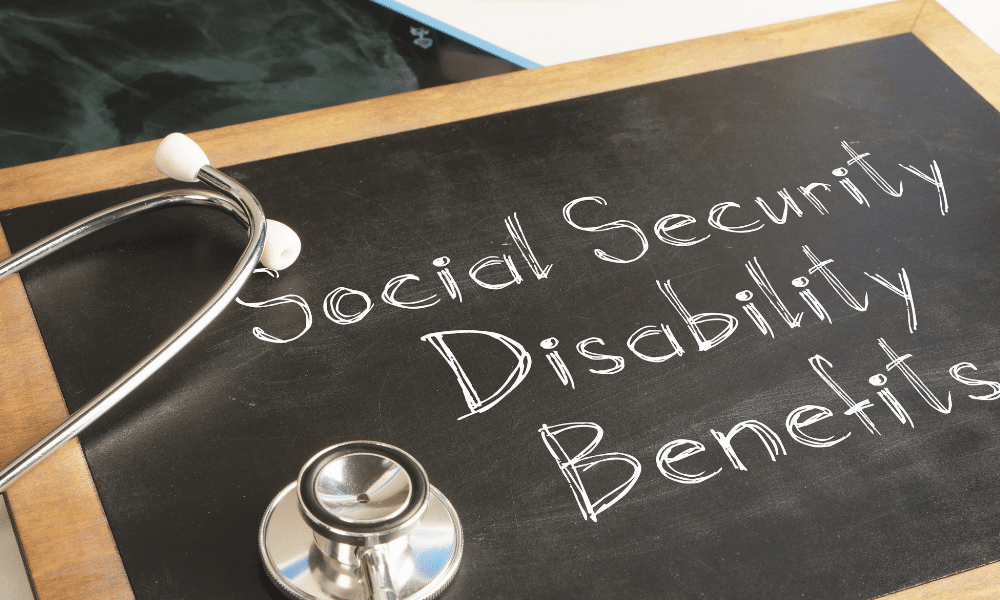
9/11 Colon Cancer Compensation Claim
According to a 2011 study of NYC firefighters, 9/11 responders are at least 19 percent more likely to contract colon cancer than those who did not work at Ground Zero. Hundreds of toxic materials and aerosolized carcinogens permeated the air over Ground Zero for months after the attacks on September 11th, and those who lived, worked, and studied near the area breathed in these poisons. What’s worse, disease caused by the 9/11 terrorist attacks is still being diagnosed today, nearly 20 years later.
Colon cancer and 9/11 payouts
Colon cancer is a covered condition by the World Trade Center Health Program (WTCHP) for survivors who lived, worked, and spent time in any capacity in the Lower Manhattan area, below Canal Street, between September 11th, 2001 through May 30th, 2002.
The legal team at Weisfuse & Weisfuse, LLC provides effective representation for the 9/11 community and can prosecute 9/11 colon cancer claims for survivors and responders to obtain the compensation they deserve.
What is Colon Cancer?
Colon cancer is a type of cancer that starts in the large intestine or colon. It is often grouped with rectal cancer (cancer of the rectum) as “colorectal cancer.”
Colon cancer starts with the formation of small cell growths called “polyps.” These growths are benign at first, but if left untreated, the cells that make up polyps may mutate and become cancerous. Uncontrollable cell growth in the colon can spread to the rectum, lymph nodes, and other organs.
There are four stages of colon cancer, marked by how far the cancer has spread. In Stages one and two, the cancer grows in the colon lining and may affect nearby muscles. In Stages three and four, the cancer spreads to the lymph nodes and other organs, respectively.
Symptoms of Colon Cancer
In the early stages, colon cancer may not produce any symptoms, or the symptoms are so slight that the patient may not identify them as part of a more serious problem.
These early symptoms may include:
- Bloody stool;
- Rectal bleeding;
- Constipation or diarrhea;
- Abdominal pain; and
- Changes in stool color, shape, or texture.
Once colon cancer advances to stages three and four, the patient may experience symptoms such as:
- Fatigue or weakness;
- Weight loss;
- A feeling of fullness in the bowels, even after eliminating; and
- Changes in bowel movements that last for longer than one month
Colon cancer typically presents itself in patients who are 50 years of age and older, which is why regular colonoscopies are standard medical procedure for patients of this age group. Monitoring for colon cancer from the WTCHP is especially important for individuals who were present in the Exposure Zone in the months following the 9/11 terrorist attacks.
The WTCHP covers colon cancer as a 9/11-related health condition. As such, 9/11 colon cancer patients can receive treatment under this program. The highly experienced 9/11 colon cancer lawyers at Weisfuse & Weisfuse, LLC can enroll victims of 9/11-related colon cancer in the WTCHP and prosecute their VCF claim for financial compensation.
How is Colon Cancer Diagnosed?
To diagnose colon cancer, a physician will typically perform a comprehensive physical exam and order a slate of tests. Testing for colon cancer includes fecal tests, colonoscopies, and blood tests. The doctor may also take a tissue sample, or biopsy, from abnormal areas during a colonoscopy or when removing polyps, examining the biopsied cells for signs of colon cancer.
When evidence of colon cancer is found, the physician will then determine how far the cancer has progressed using Pet scans and CT scans.
How is Colon Cancer Treated?
Treatment for 9/11 colon cancer will depend on where it is located and how far it has advanced. Depending on the stage of cancer, the patient may need to have parts of their colon removed. If only a small part needs to be removed, the surgeon can often connect the healthy parts of the colon together, and after a period of healing, the colon will function normally. However, if a large portion of the colon must be removed, the individual will likely require a colostomy bag.
After surgical intervention, a colon cancer patient might undergo radiation or chemotherapy to ensure all cancerous cells have been eliminated from the body. If the cancer does not respond to these standard treatments, the doctor may prescribe immunotherapy drugs that help the body fight colon cancer using its natural defenses.
If caught early, colon cancer is treatable. If it has spread to other parts of the body, treatment can become more difficult, and thus the prognosis for late-stage colon cancer patients is typically poor. However, the treatments available for late-stage colon cancer have advanced significantly in the last few decades, and many colon cancer patients survive at least five years after diagnosis.
Colon Cancer Medical Source: https://www.healthline.com/health/colon-cancer
9/11 and Colon Cancer Development
We are still learning the extent to which 9/11 impacted those who were directly involved in the aftermath of the tragic events. We do know that 9/11 first responders have a 15 percent increased risk of developing cancer in their lifetime than the general population. Anyone present in the Exposure Zone who has a family history of colon cancer, or other digestive and bowel diseases such as ulcerative colitis, has an even greater risk of developing 9/11-related colon cancer. Early and frequent colon cancer screening could save lives. Since 9/11 responders and survivors are at a greater risk for colon cancer, they should enroll in the WTC Health Program to receive cancer screenings.
VCF Compensation Available For 9/11 Colon Cancer Claims
Fortunately, the September 11th Victim Compensation Fund provides compensation and the World Trade Center Health Program provides medical treatment to those who were present in the aftermath of 9/11 and have developed health conditions as a result. Anyone who was a responder or survivor of the New York City
Exposure Zone and diagnosed with colon cancer, may qualify for substantial compensation. We always submit medically-supported optional impact statements to the VCF to maximize the compensation available to our clients. Those affected should contact the skilled 9/11 WTC Attorneys at Weisfuse & Weisfuse, LLC at 212-983-3000 for a free consultation about their 9/11 colon cancer claim.







